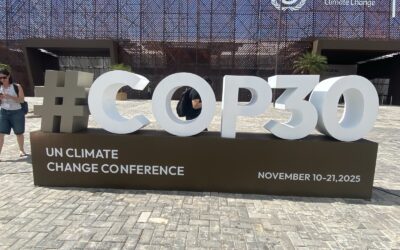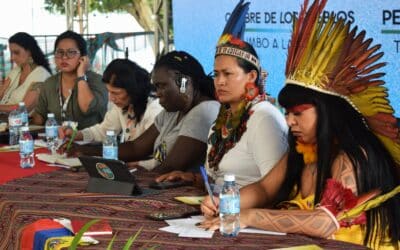Published in ECO, 22 October 2024
by Souparna Lahiri
Indonesia, under their Just Energy Transition Plan (JETP) proposes and has already initiated transforming coal power plants (CPPs) to co-firing with biomass comprising around 5%–10% of annual generation from coal power plants over 2030–2050, acting as a complementary strategy to reduce emissions from existing plants.
Biomass co-firing results in more greenhouse gas (GHG) emissions than fossil fuels per unit of energy produced. Co-firing prolongs the time required to phase out the coal plants and are artificially prolonging their life cycle. Without subsidies in different forms, either for biomass for electricity generation or biofuels production, biomass would not be a feasible economic choice.
The projected demand for biomass, supported by governmental subsidies, is likely to exceed the supply of residues and waste biomass, which leads to a high risk of processing valuable wood for biomass and additional deforestation. The projected demand for biomass connected with deforestation will likely have negative impacts on the biodiversity of forests. Extensive logging for wood pellet plants results in increased levels of deforestation, carbon loss, GHG emissions, and decreased forest carbon stock with resultant loss of biodiversity at a very large scale.
Indonesian conglomerate, Medco Group constructed a biomass power plant in the ancestral territory of Marind people living in Zanegi villagem in Papua, that makes electricity from burning wood. Medco has already cleared large tracts of rainforest, establishing timber plantations in its place. In 2017, the Indonesian government provided $4.5 million in “project financing” for the power plant. As of 2024, the total funding has reached more than $9 million. And that’s one plant only.
Trend Asia, an Indonesian NGO, calculated the land area to fulfil wood pellet material needed for 107 Steam Power Plant units. The need of plantation has potential of deforestation of 1,048,344 hectares by 2024. Meeting the demand for both biomass fired energy and co-firing with coal would require at least 2.3 million hectares of land to be converted to plantations – an area half the size of Denmark.
Total co-firing biomass emission of 107 Steam Power Plant units from upstream to downstream, start from deforestation to wood pellet production is 13,224,680 tonnes CO2e. The co-firing biomass coal policy, instead of reducing carbon emission in energy sector, will add carbon emission in forestry sector, while extending Steam Power Plant operational age.
Such a JETP policy could lead to the so-called “Green Paradox,” where subsidizing biomass causes the increased use of fossil fuels, especially coal, resulting in continuing deforestation and loss of biodiversity in tropical Indonesia.
Such harmful subsidies which destroy biodiversity, therefore, have to be eliminated immediately and should be part of the country commitments in NBSAP.
Source: https://cbd-alliance.org/en/2024/green-paradox-subsidising-biomass-destroy-biodiversity




